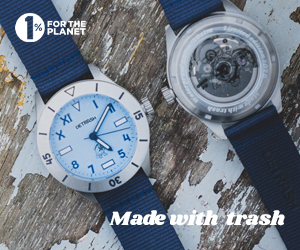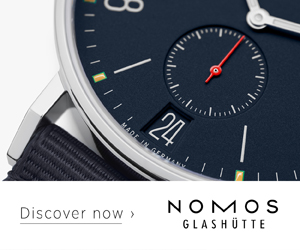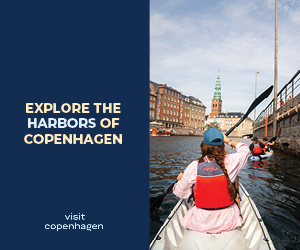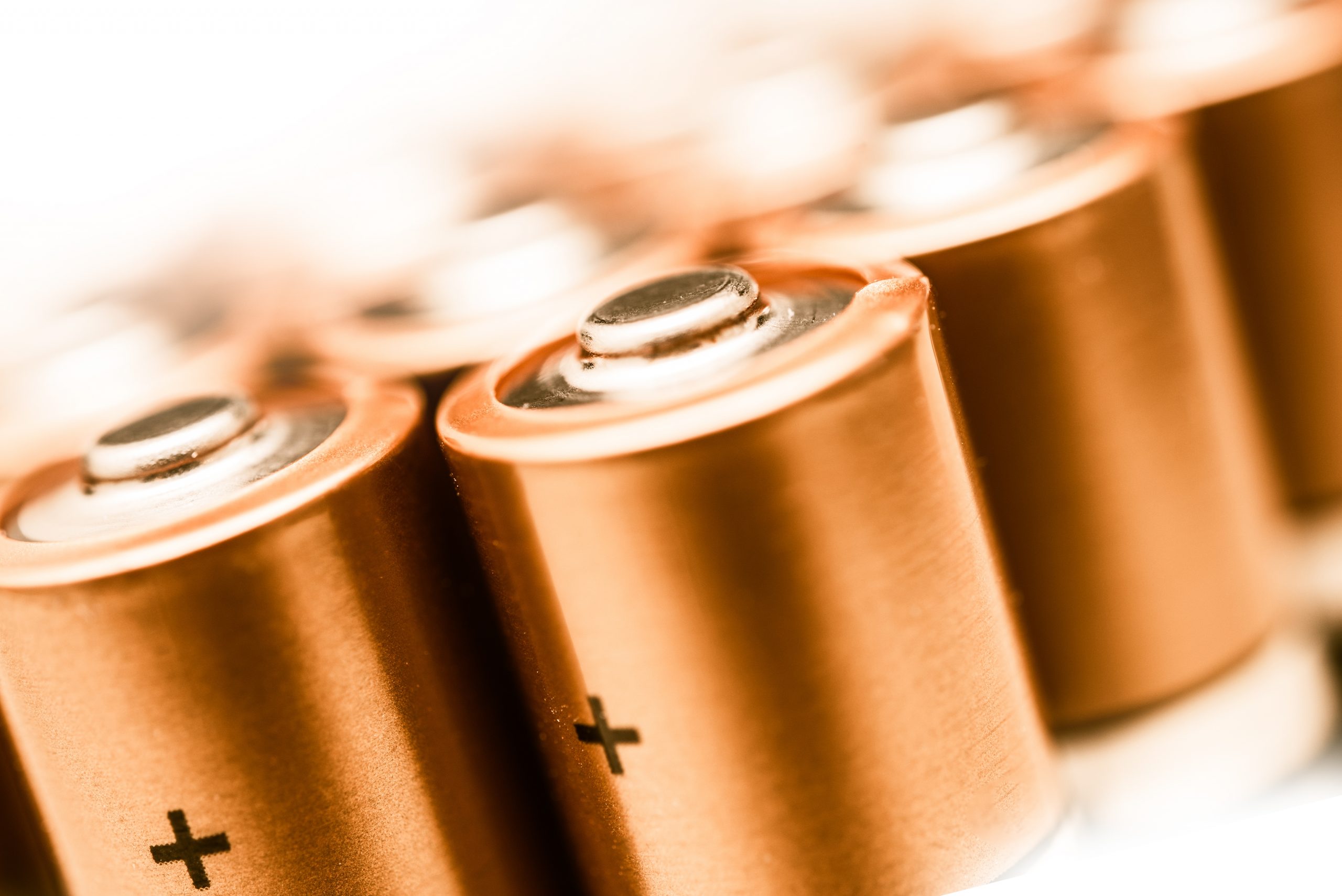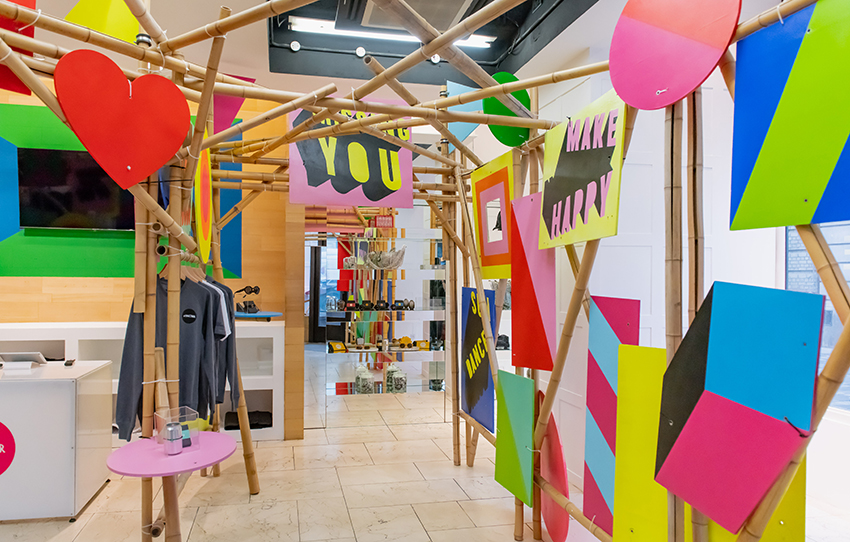Thursday 12 December 2019
Tackling plastic pollution
Waterhaul is a purpose-driven brand based in Cornwall, who have turned plastic pollution into an opportunity with their innovative line of recycled eyewear.
Discarded fishing nets are particularly harmful in our oceans due to their tendency to entangle marine life and damage seabed habitats. In a phenomenon known as ‘ghost fishing’, the entangled carcasses of trapped marine life will attract more species, resulting in further potential entanglements. As these discarded nets are produced from plastic, they will not degrade, persisting in the ocean to catch and kill marine life indefinitely. This is the problem that Waterhaul set out to tackle.
‘Battered by Atlantic storms from all angles, we find huge volumes of plastic washing up along the coastline here in Cornwall at this time of year,’ explains Harry Dennis, founder of Waterhaul. It’s during the winter months that the social-enterprise is most active, out collecting their raw material. Their net recoveries, which often involve a team geared up in wetsuits removing entangled nets from seacaves and remote rocky coves, are documented on their Instagram channel.
‘The nets are made from extremely high-grade plastic, which is why they pose such a problem. However, the characteristics which make it such a threat; it’s strength, abundance and high potential for harm, are also the reasons why it’s a viable as a resource to intercept and recycle,’ he says.
 Once a significant quantity has been gathered, the nets are cleaned, shredded and recycled. The brand uses 100 percent recycled fishing nets to craft its beautiful sunglasses frames. Made in Italy and assembled in Cornwall, the frames – much like the nets they’re created from – are extremely strong and rugged. So strong, in fact, that Waterhaul offers a lifetime guarantee.
Once a significant quantity has been gathered, the nets are cleaned, shredded and recycled. The brand uses 100 percent recycled fishing nets to craft its beautiful sunglasses frames. Made in Italy and assembled in Cornwall, the frames – much like the nets they’re created from – are extremely strong and rugged. So strong, in fact, that Waterhaul offers a lifetime guarantee.
The sustainable brand is also championing the revival of polarised mineral glass lenses, when much of the industry has switched to cheaper plastic-based lenses.
‘We wanted to embrace sustainability whilst maximising performance and utility in every single aspect. Glass as material can be infinitely recycled, and offers far superior scratch-resistance and optical quality than any other form of lens on the market. The reason the industry has moved to plastic is for the substantially cheaper price difference – although the cost of the millions of non-recyclable plastic lenses goes unaccounted for. We’ve built a product designed to last for life.’
Waterhaul sell their sunglasses and prescription eyewear online, directly to the customer. Cutting out middlemen enables them to control their strict plastic-free packaging policy, communicate their story, and sell a high-end product at an affordable price (RRP£80.00 for polarised versions, currently on sale for £65 until December 31st).
Tagged under




